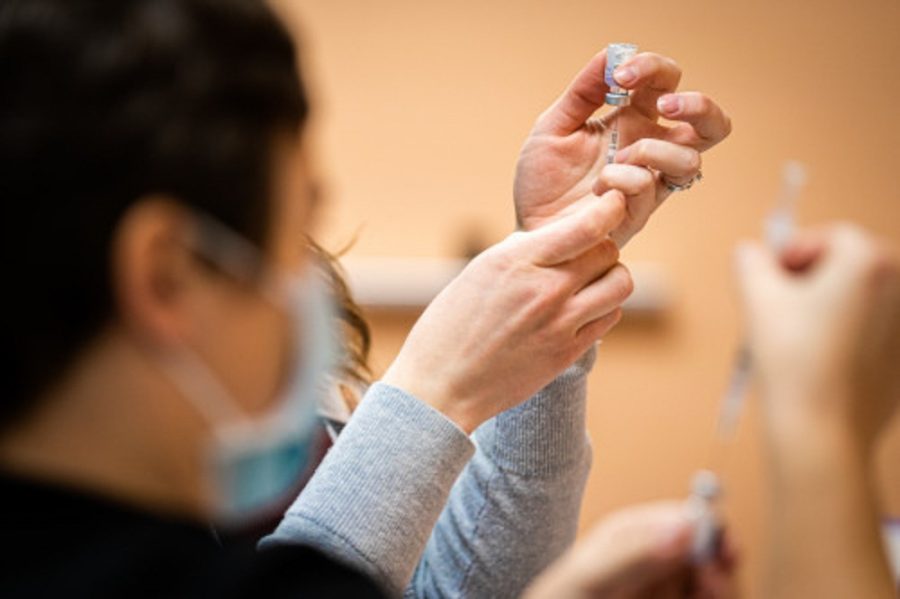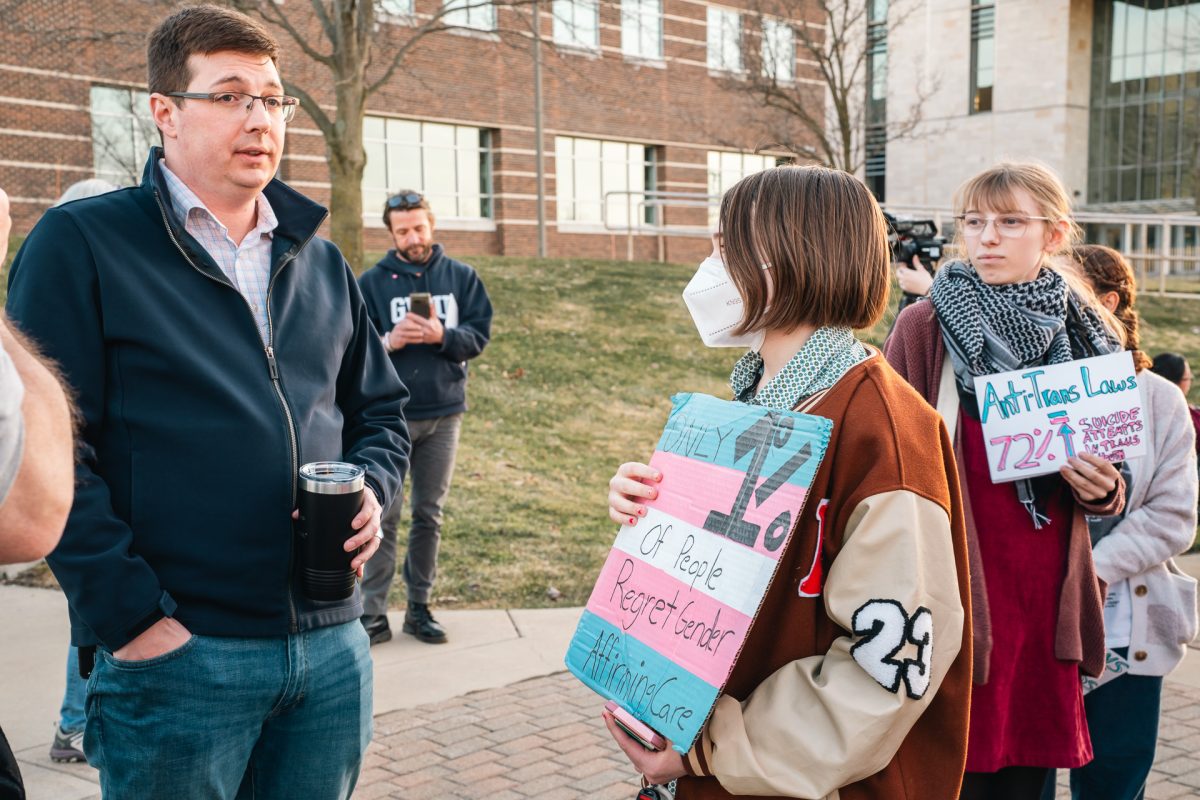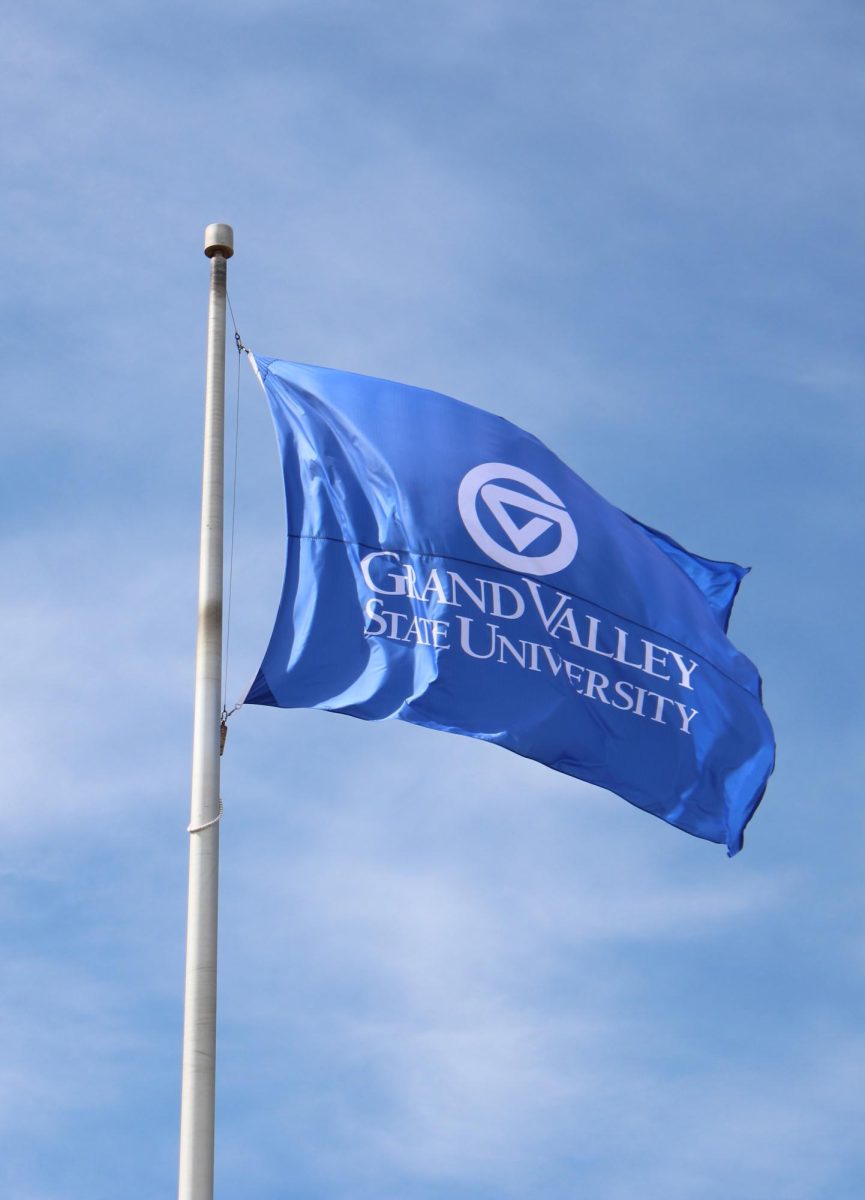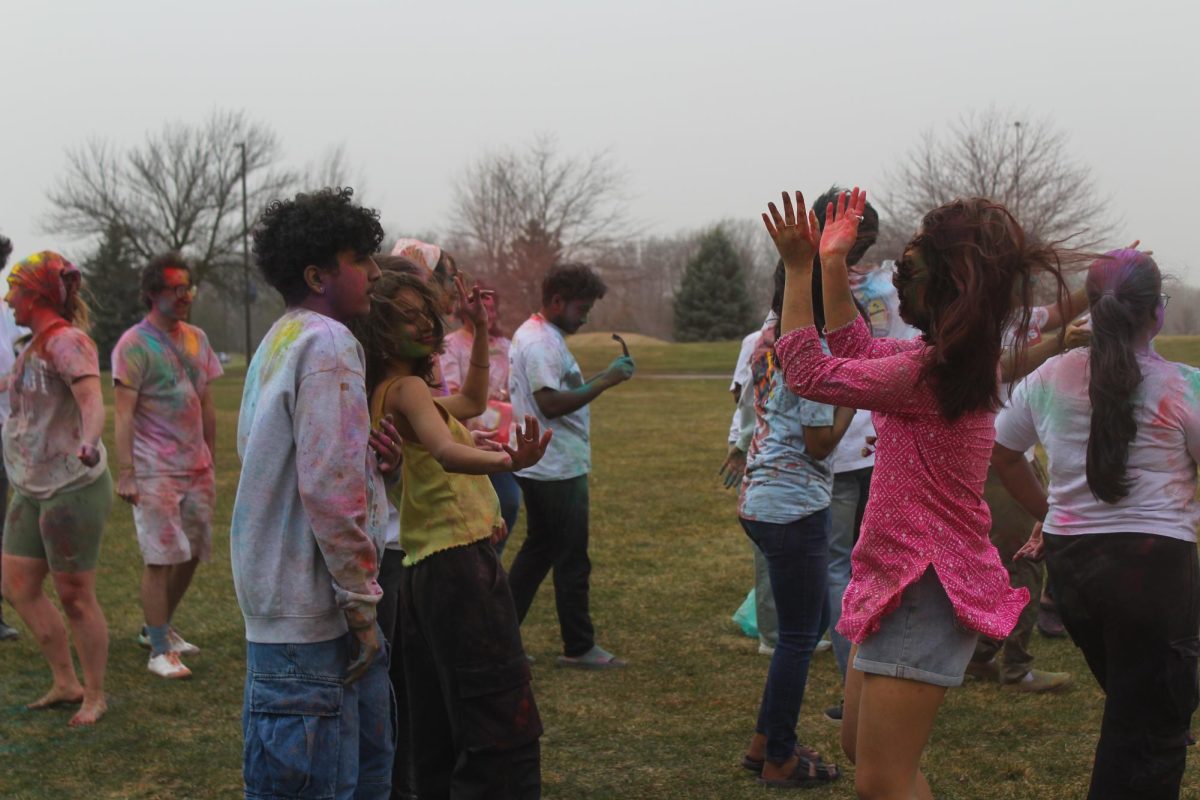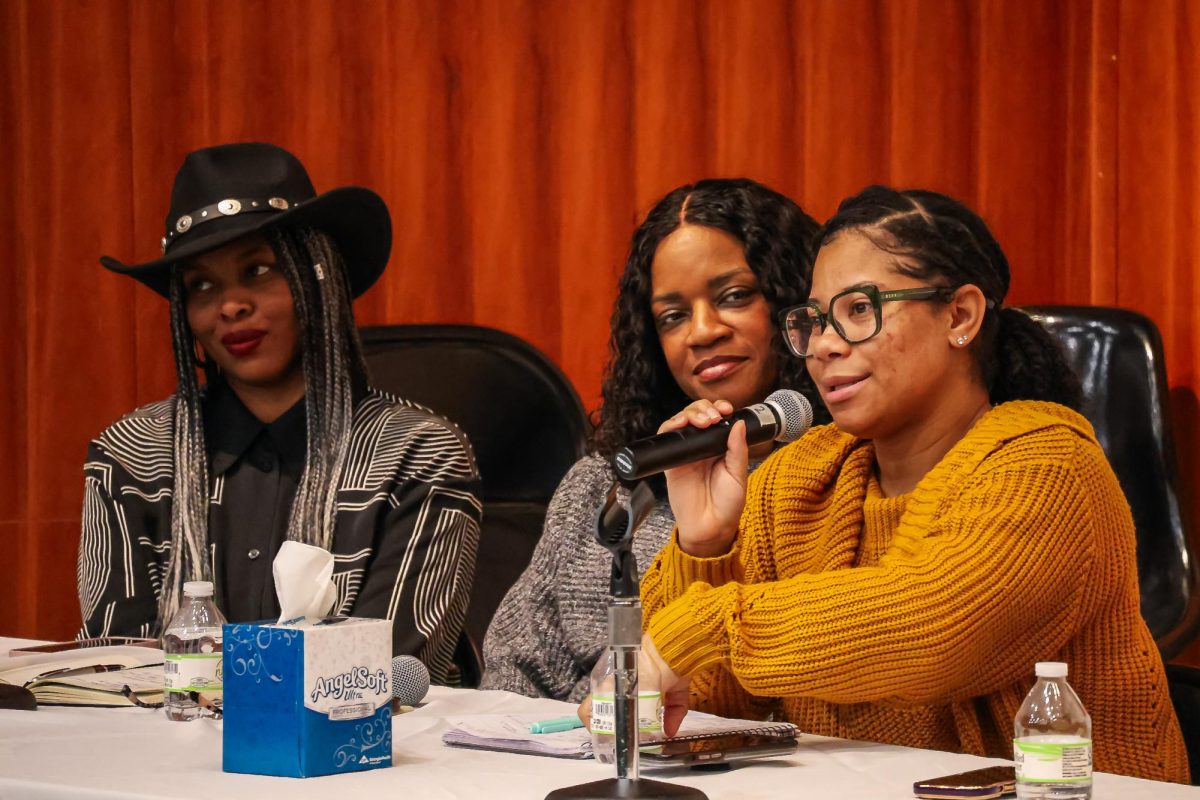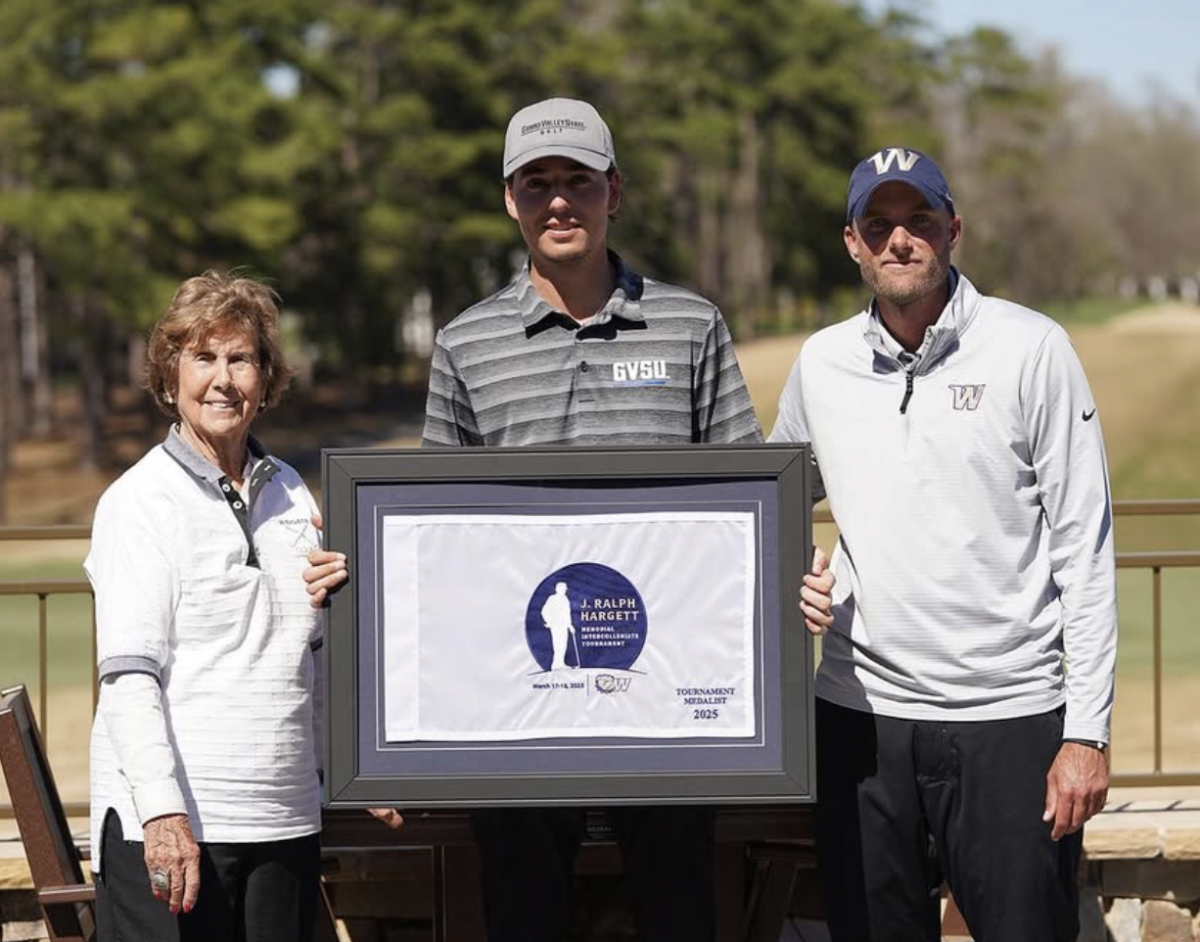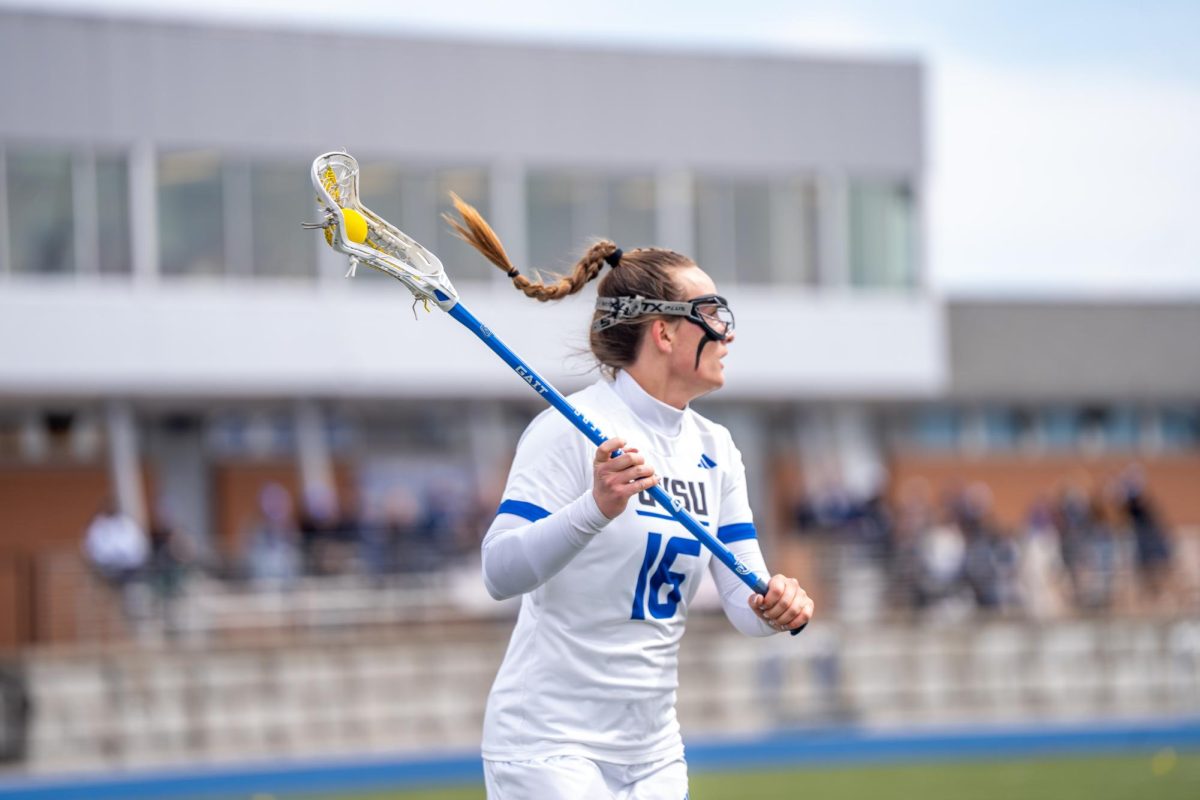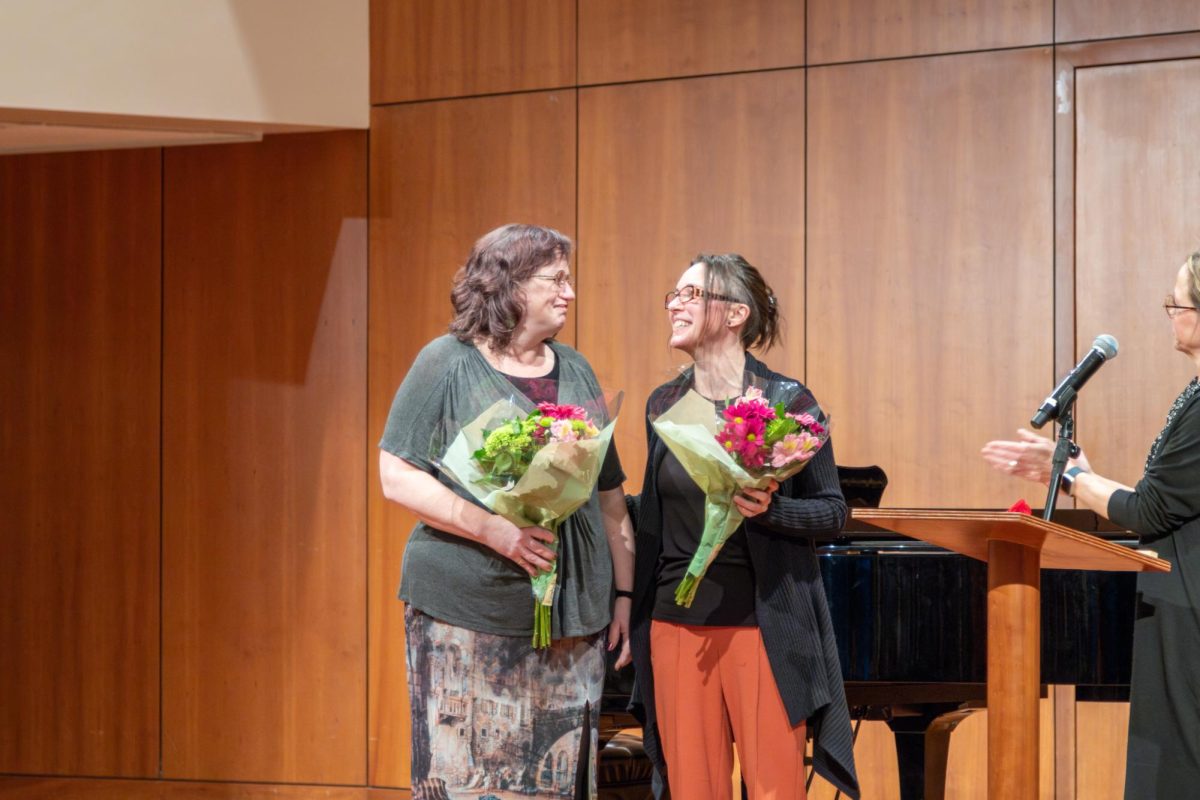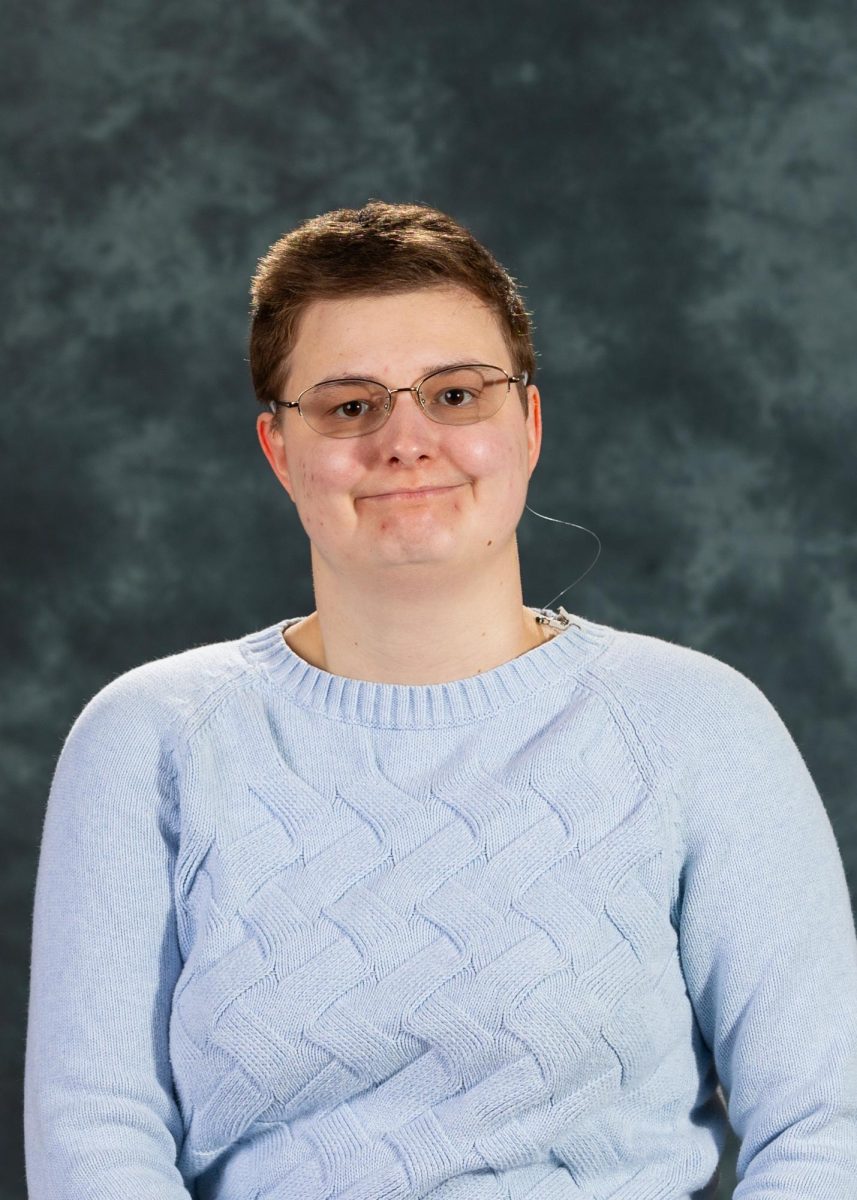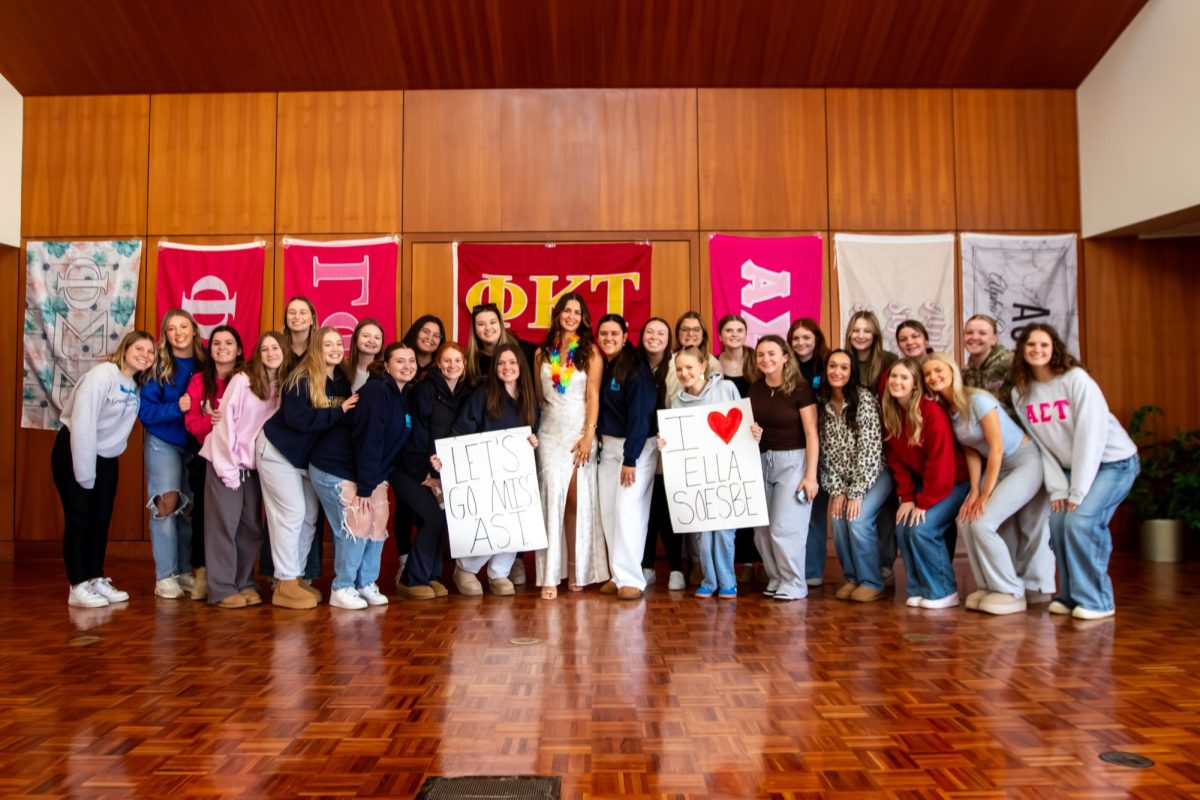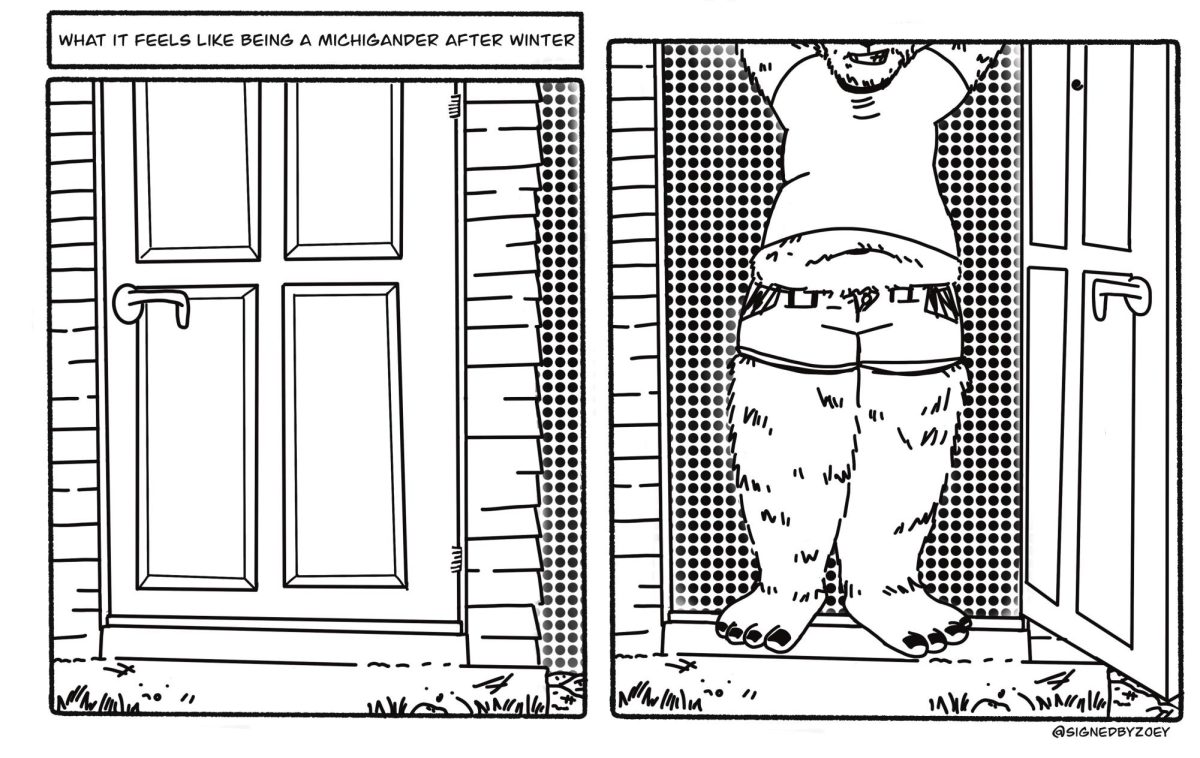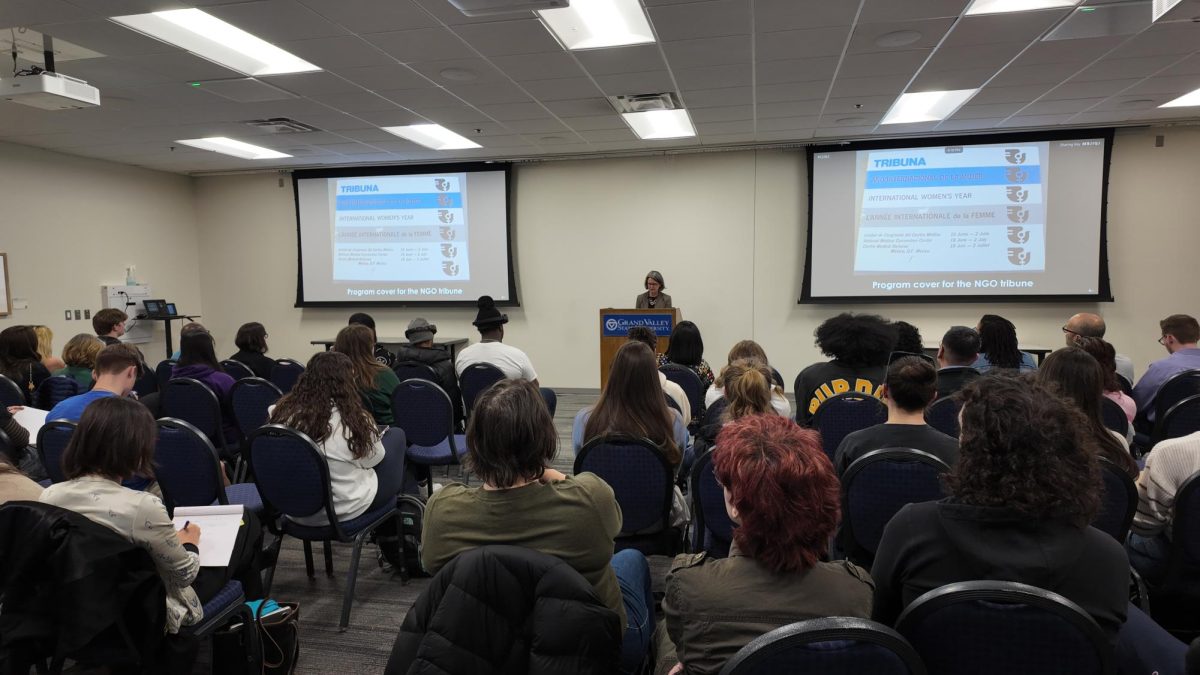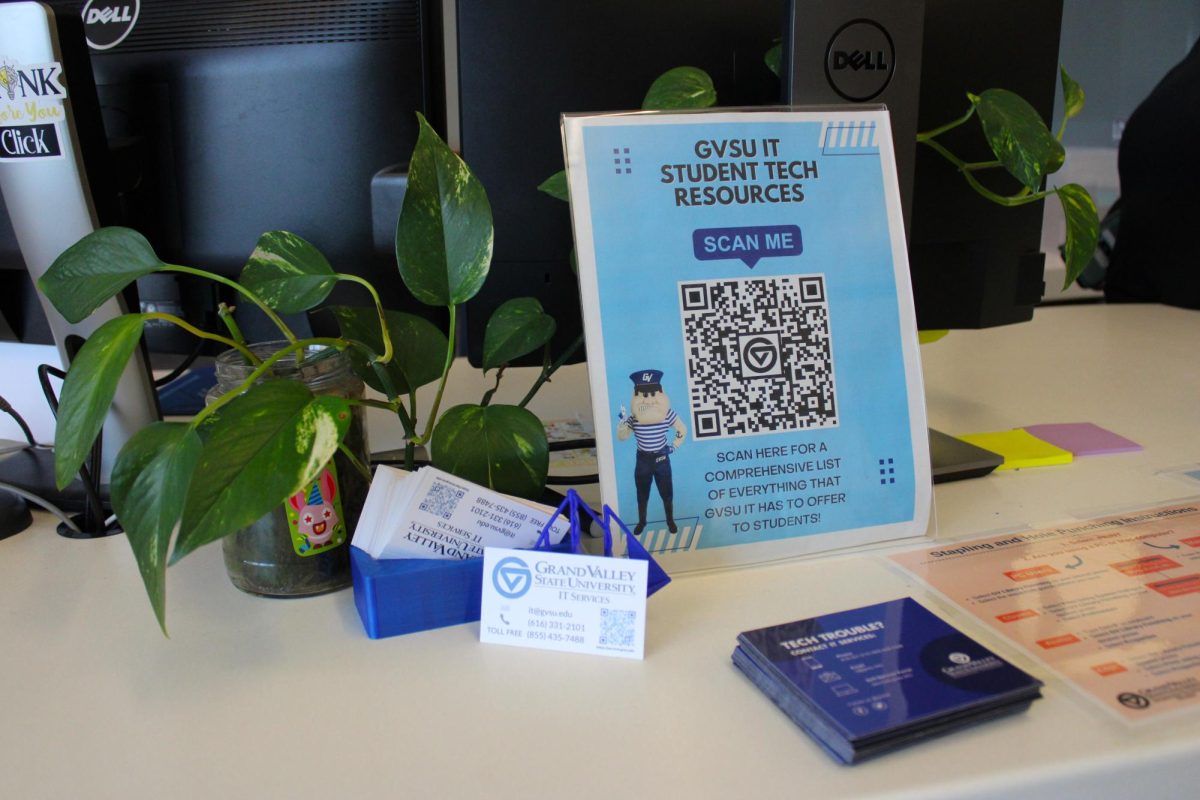Editorial: GV students concerned with COVID-19 mandate failures and successes
Courtesy / Valerie Wojciechowski
Nov 16, 2021
Students that aren’t in compliance with Grand Valley State University’s vaccine requirement— those who are unvaccinated or haven’t gotten an approved exemption— have been receiving emails notifying them that their winter 2022 classes have been dropped. Months after the vaccine mandate deadline, GVSU is finally enforcing the policy.
54.9% of Michigan residents and 55.9% of Ottawa residents over the age of five are fully vaccinated. For those who missed the news, after the completion of thorough scientific studies, the Food and Drug Administration has approved the Pfizer vaccine for children five and older.
As of Nov. 12, 82% of GVSU students are fully vaccinated. While Ottawa County’s COVID-19 transmission rate is dangerously high, GVSU (whose Allendale Campus is located in Ottawa) is doing notably better.
GVSU tested 1,546 people over the past seven days, with a 2.52% positivity rate. In contrast, Michigan State University tested 3,645 people last week, with a 1.84% positivity rate. GVSU is a shining light of health and wellness in West Michigan, but compared to the rest of the state and country, the university could be doing better. Especially considering the delay between GVSU’s deadline for the mandate (Sept. 30) and the day the university started actually enforcing the mandate (Nov. 2).
Everyone— in Michigan, the United States and the world— desperately wants the COVID-19 pandemic to be over. Some have been fully overtaken by denial, disbelief or misinformation. But there are people who still look at the data, and see what they want to see. While it’s nice that most students and faculty at GVSU are vaccinated, not all of them are. The university’s positivity rate is lower than the county’s, but it’s fully possible to get it even lower.
Also understandable is the discomfort that students, faculty and university administrators feel when confronting people who are ignoring GVSU’s health and safety guidelines. Confronting hard truths and noncompliant students and faculty is difficult for everyone to do.
Thankfully, GVSU does have a system to give its guidelines backbone. But, ultimately, it’s not about forcing people to comply with policy. Most people who aren’t in compliance with GVSU’s mandate take issue with the institution telling them what they have to do with their bodies. The mandate isn’t about that however; GVSU is telling students to care for others, even when it’s mildly inconvenient.
However, policy can be a helpful tool to remind people to be courteous. Wearing a mask, getting vaccinated and engaging in other strategies that limit the spread of COVID-19 demonstrates at least some level of empathy for others.
The members of the GVSU community that follow COVID-19 policy not just because they’re the rules, but because they’re safe, smart decisions to make, are practicing higher-level thinking. And if there’s anywhere to practice higher-level thinking skills, it’s at school.
Students should wear a mask and get vaccinated (and receive the booster, if they’re eligible); not because they have to but because it’s the right thing to do. However, given that they are required to get vaccinated or the university will drop their winter semester classes, they don’t exactly have the choice.
The real choice has to be made for unvaccinated people who have received exemptions, and are technically in compliance with university policy, despite still being able to contract and spread COVID-19 more easily than those who are vaccinated.
There are legitimate reasons to apply for an exemption, but with GVSU being home to plenty of vocally anti-vax individuals, it’s unlikely that all 2,100 people who applied for an exemption actually required one. While they aren’t being forced to get vaccinated, whether or not they do receive the vaccine will betray some dark truths— about themselves, and the extent to which they care for others.





